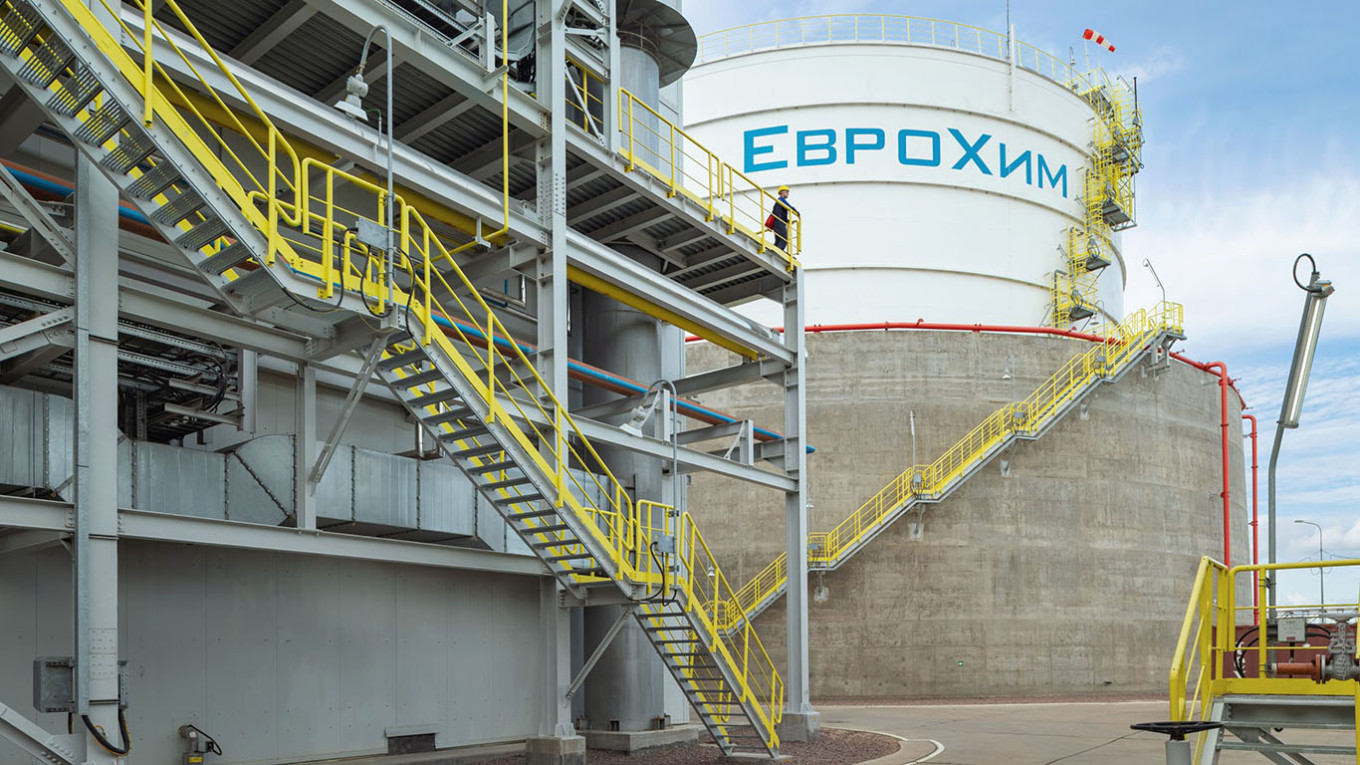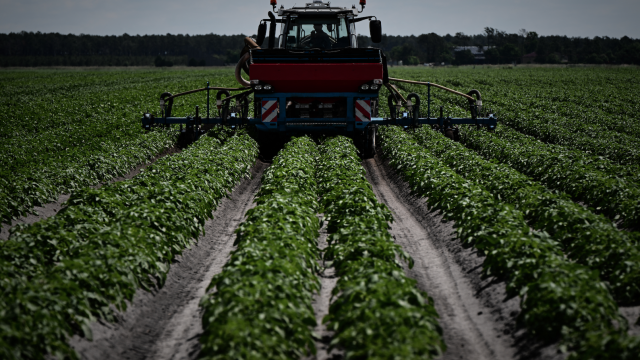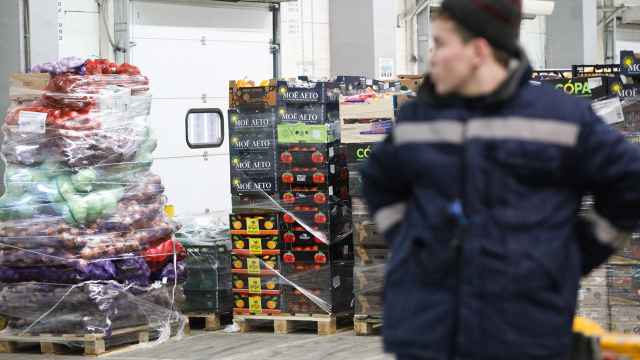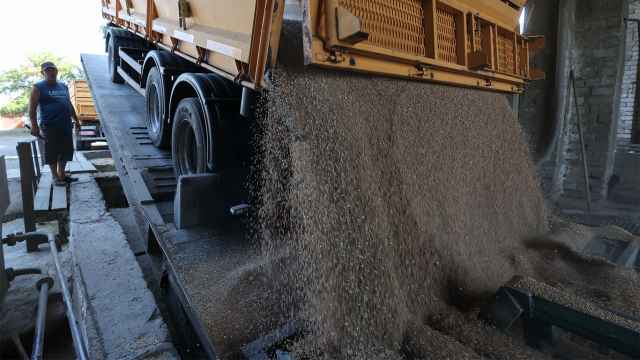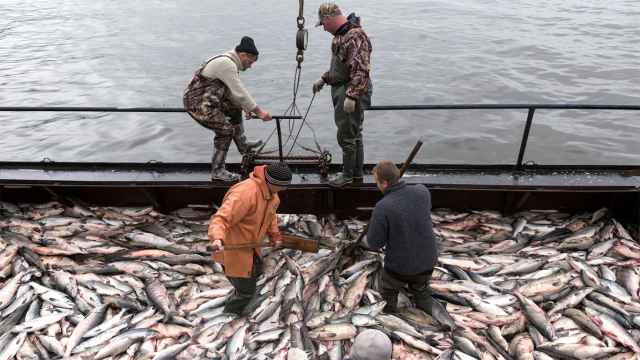European lawmakers on Thursday approved new tariffs on Russian fertilizer imports, a move aimed at cutting financial support for Moscow’s war effort but one that has sparked concerns among EU farmers over rising costs.
More than a quarter of the EU’s nitrogen-based fertilizer imports currently come from Russia, with additional volumes entering from Belarus, a close ally of Moscow. The European Commission wants to end that dependence.
The European Parliament voted 411-100 in favor of the measure, which will introduce duties starting in July and gradually raise them until Russian fertilizer becomes commercially unviable by 2028.
Three years into Russia’s full-scale invasion of Ukraine, the EU must stop funding “the Russian war machine” and reduce farmers’ reliance on Russian fertilizers, said lawmaker Inese Vaidere, who spearheaded the bill.
The legislation still requires formal approval from EU member states, which have already signaled support for the move.
But farming groups warn the tariffs could lead to a spike in production costs. Copa-Cogeca, a major EU farmers’ association, said Russian fertilizers had been the most affordable due to “well-established logistics.”
Brussels also views the tariffs as a way to curb indirect Russian gas exports, as natural gas is a key ingredient in fertilizer production.
The EU hopes the measures will boost domestic fertilizer production, a move welcomed by European manufacturers.
“Time is running out. We’ve been basically calling for action at the EU level for three years,” said Tiffanie Stephani of Yara, a Norwegian fertilizer giant. Still, she acknowledged that farmers’ concerns are “more than legitimate.”
Farmers across the bloc are already frustrated by rising costs, shrinking revenues and competition from less-regulated foreign producers. Many see the new tariffs as another burden.
Copa-Cogeca warned the measure could be “potentially devastating” and said: “European farmers must not become collateral damage.”
In Berloz, Belgium, grain and beet farmer Amaury Poncelet said he felt the EU was punishing the agricultural sector.
“We’re losing money because of these European decisions that treat us like pawns who don’t matter,” said Poncelet, who buys nitrogen fertilizer from a dealer in Ghent without knowing its origin.
To ease the pressure, the EU has suggested scrapping duties on imports from countries such as North Africa, Central Asia, the United States, Trinidad and Tobago, as well as Nigeria, in the event of price shocks.
Yara’s Stephani estimated the new tariffs could raise fertilizer prices by $5 to $10 per metric ton due to higher logistics costs. Nitrogen fertilizer currently sells for around $400 per ton.
A Message from The Moscow Times:
Dear readers,
We are facing unprecedented challenges. Russia's Prosecutor General's Office has designated The Moscow Times as an "undesirable" organization, criminalizing our work and putting our staff at risk of prosecution. This follows our earlier unjust labeling as a "foreign agent."
These actions are direct attempts to silence independent journalism in Russia. The authorities claim our work "discredits the decisions of the Russian leadership." We see things differently: we strive to provide accurate, unbiased reporting on Russia.
We, the journalists of The Moscow Times, refuse to be silenced. But to continue our work, we need your help.
Your support, no matter how small, makes a world of difference. If you can, please support us monthly starting from just $2. It's quick to set up, and every contribution makes a significant impact.
By supporting The Moscow Times, you're defending open, independent journalism in the face of repression. Thank you for standing with us.
Remind me later.


